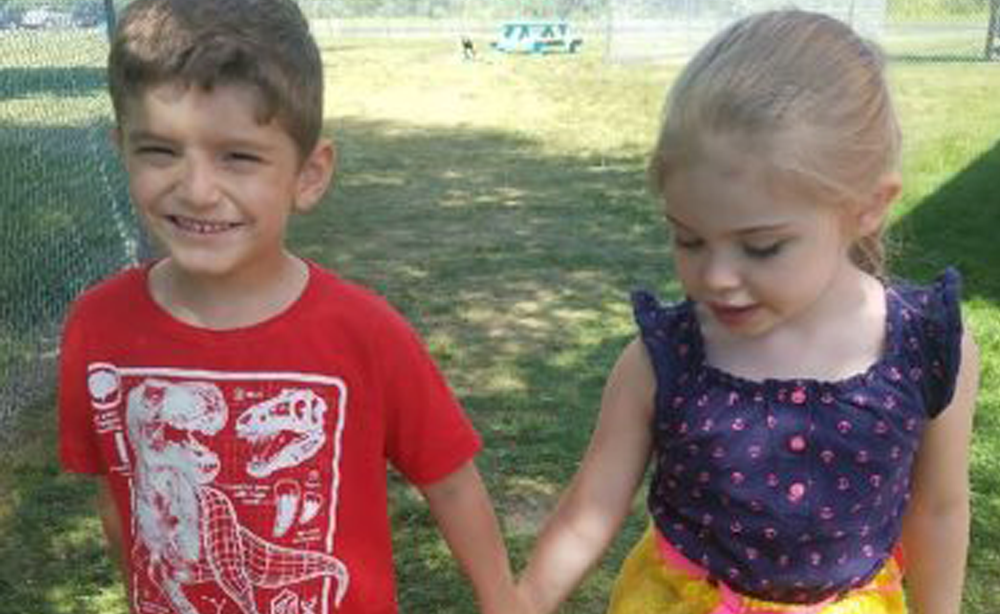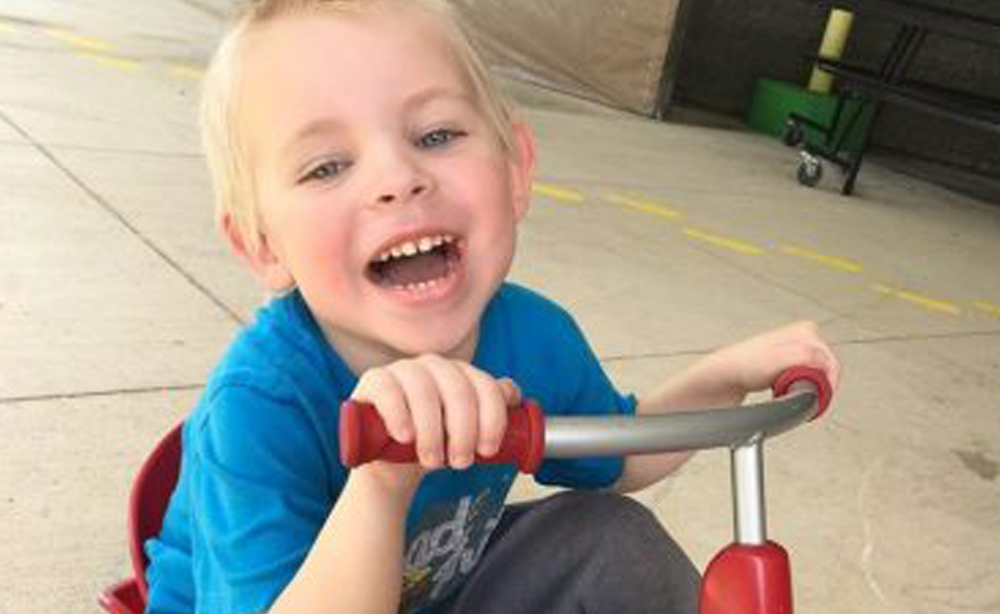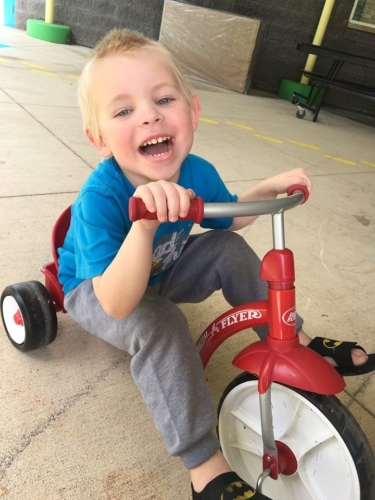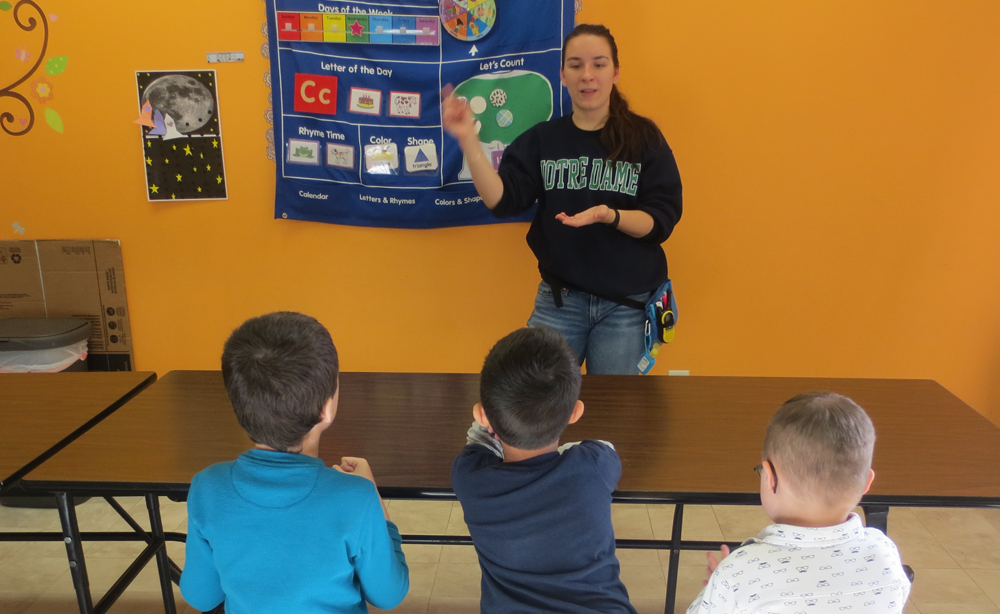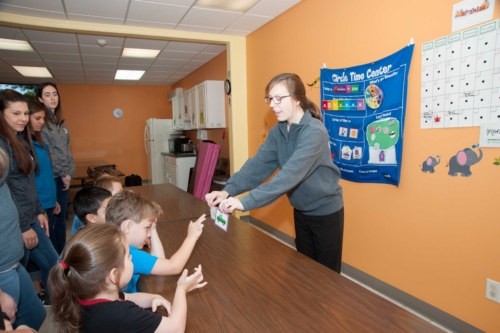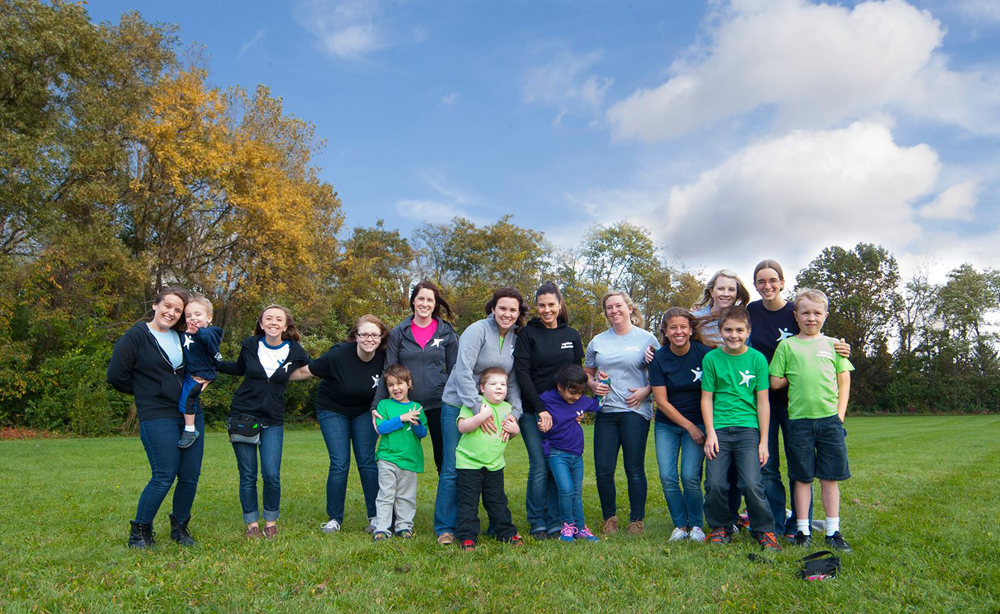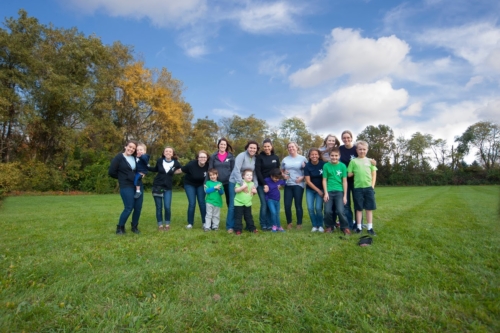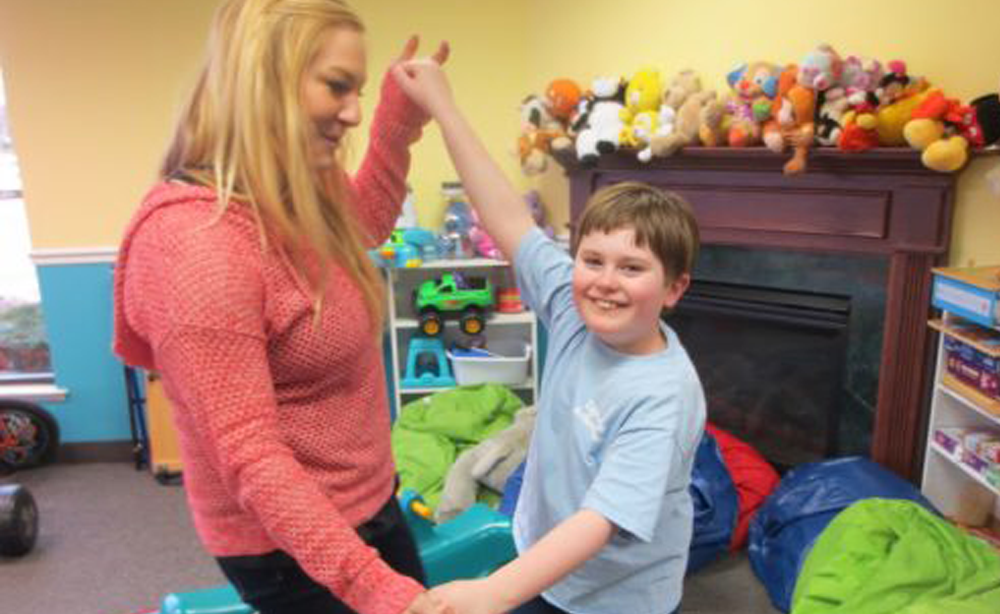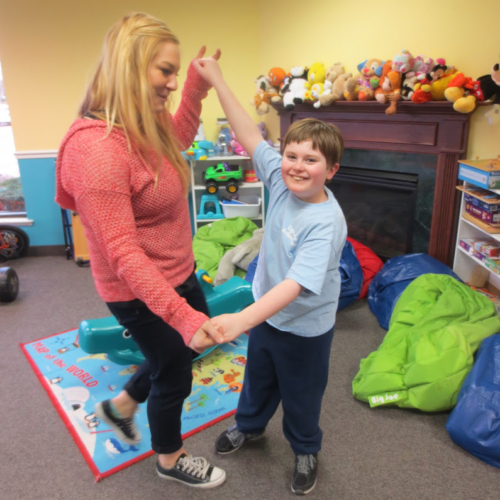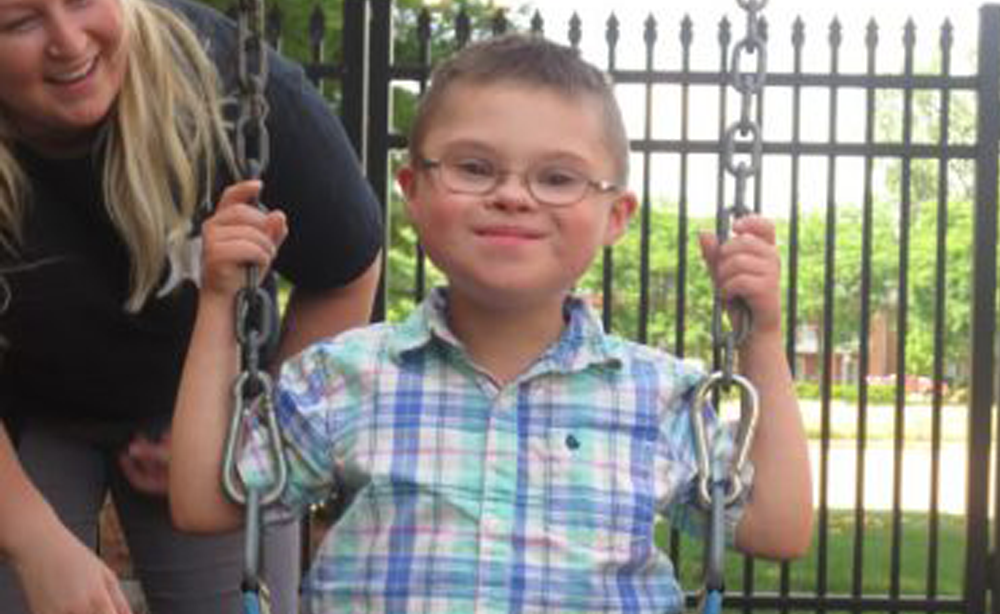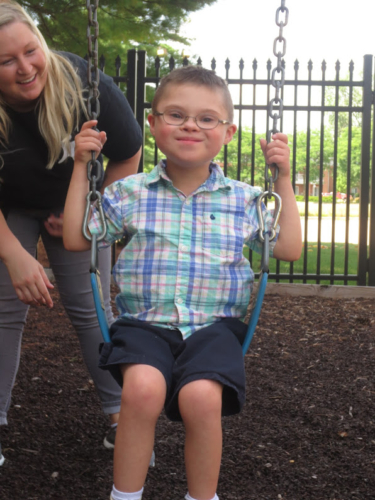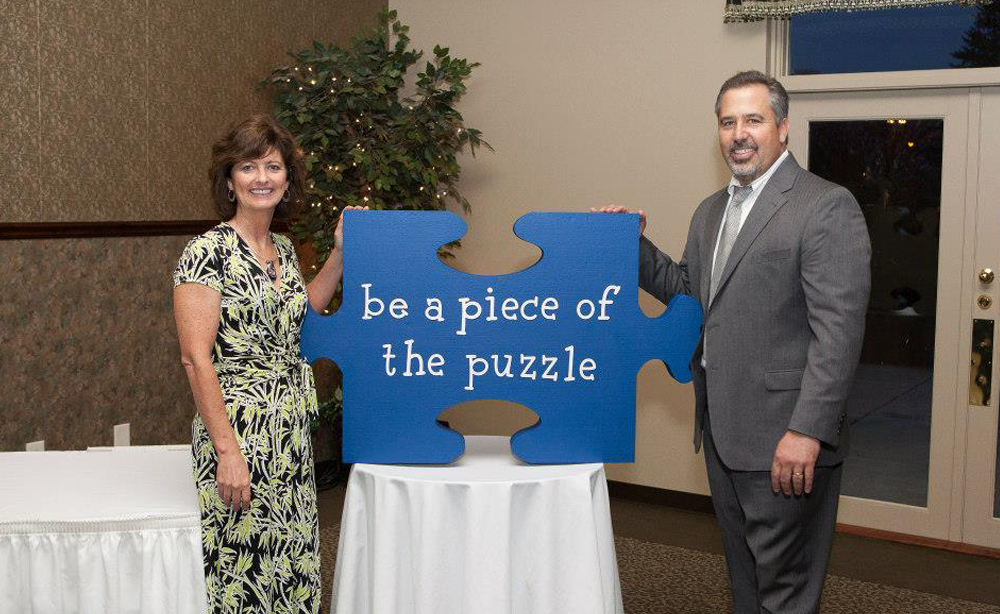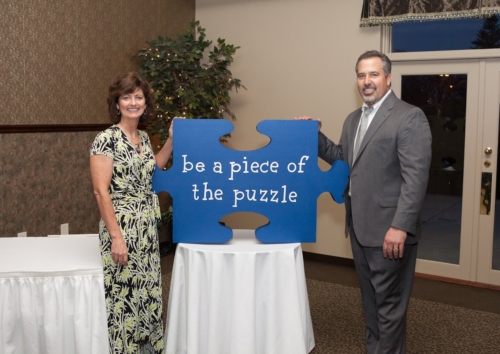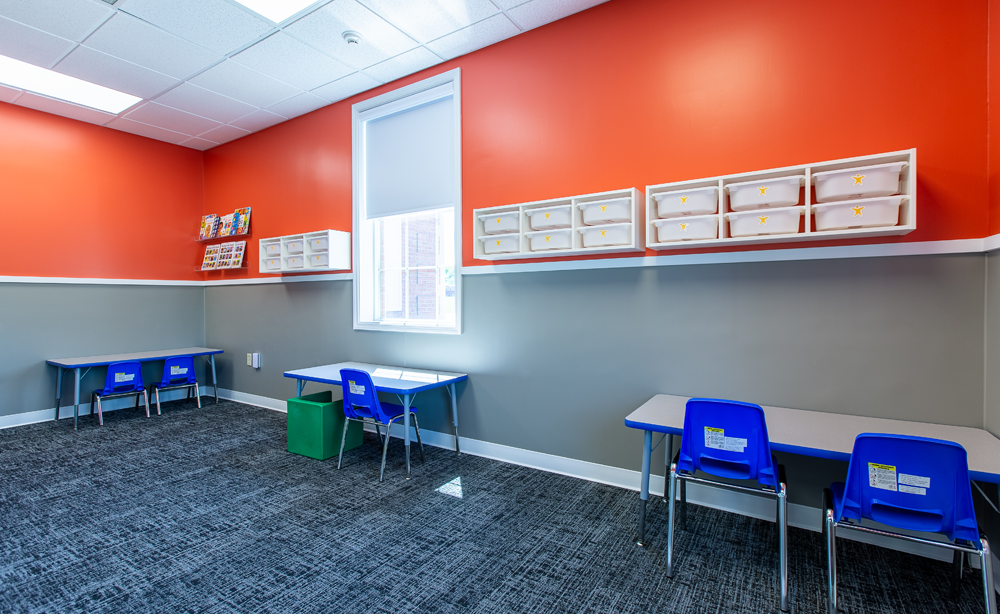When a child is diagnosed with autism, it affects the entire family. While we often think of the parents or caregivers as those primarily affected, siblings are deeply affected as well. So, as parents, we must ask ourselves, what can we do to help both our child with autism as well as their brothers and sisters?

Educate and Set Expectations
It is important to make sure siblings understand the diagnosis of their brother and sister and what that means. Sit down and have a conversation with your child about autism and what that may mean for their relationship with their sibling (ie: Sam can’t express his wants or needs verbally so he may scream or Sam hears things differently than other people and that’s why we need to turn the music down, etc…). Be sure to have open communication with your child and be sure to let them know it’s ok to ask questions. Furthermore, having a sibling with autism can often mean having unexpected and upsetting reactions with others who may not understand their diagnosis. Prepare your child for different scenarios they may find themselves in with friends, schoolmates, or even strangers, and how to properly and respectfully react to things they may hear or experience.
Quality Time
Often times, so much time is dedicated to the child with autism and their needs, that the siblings can begin to feel neglected, or “left out.” Make sure you’re spending time with all of your children. Consider setting up a special one-on-one activity once a month with each child, or plan activities the entire family can do together. This will ultimately create a stronger family that is prepared to deal with the challenges faced by raising a child with autism.


